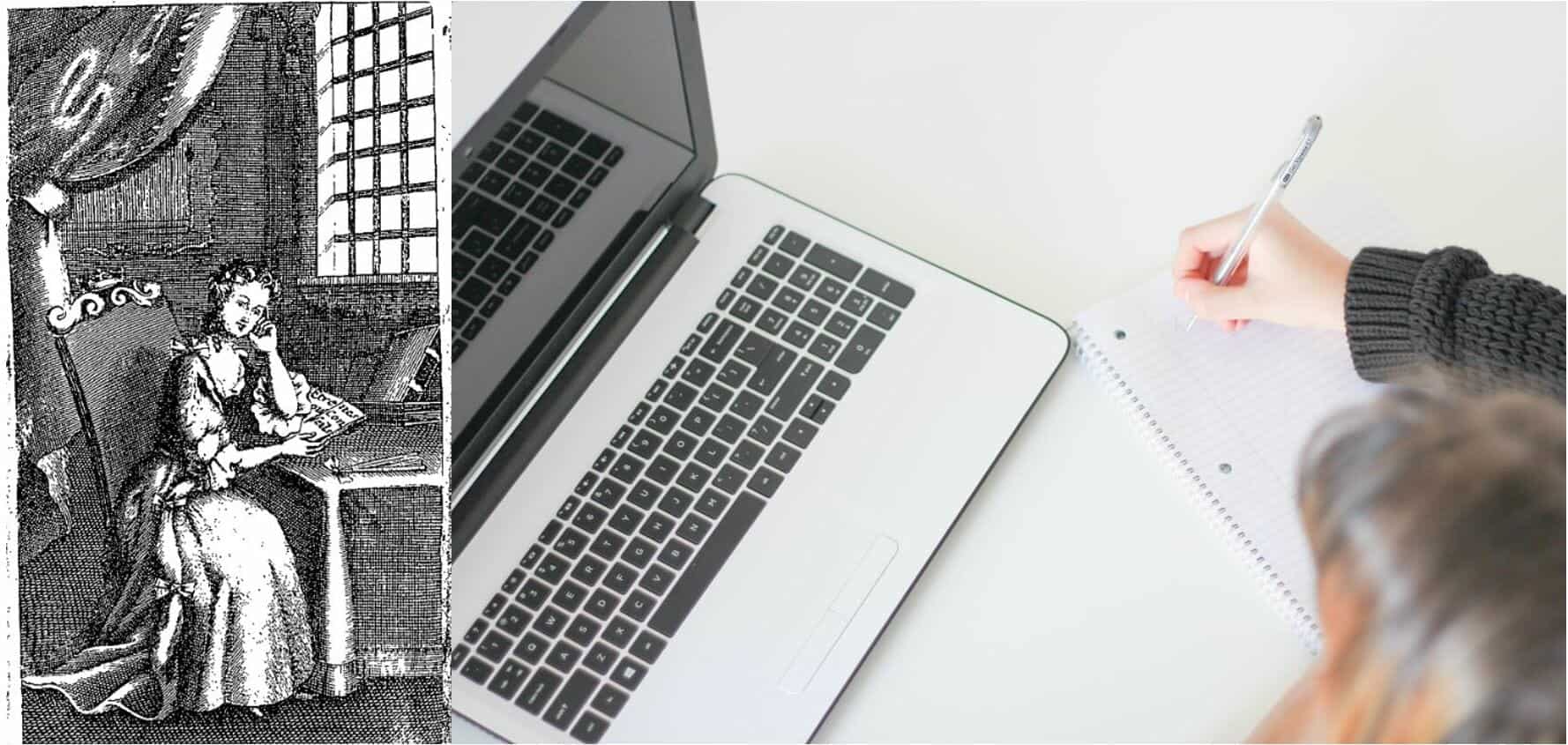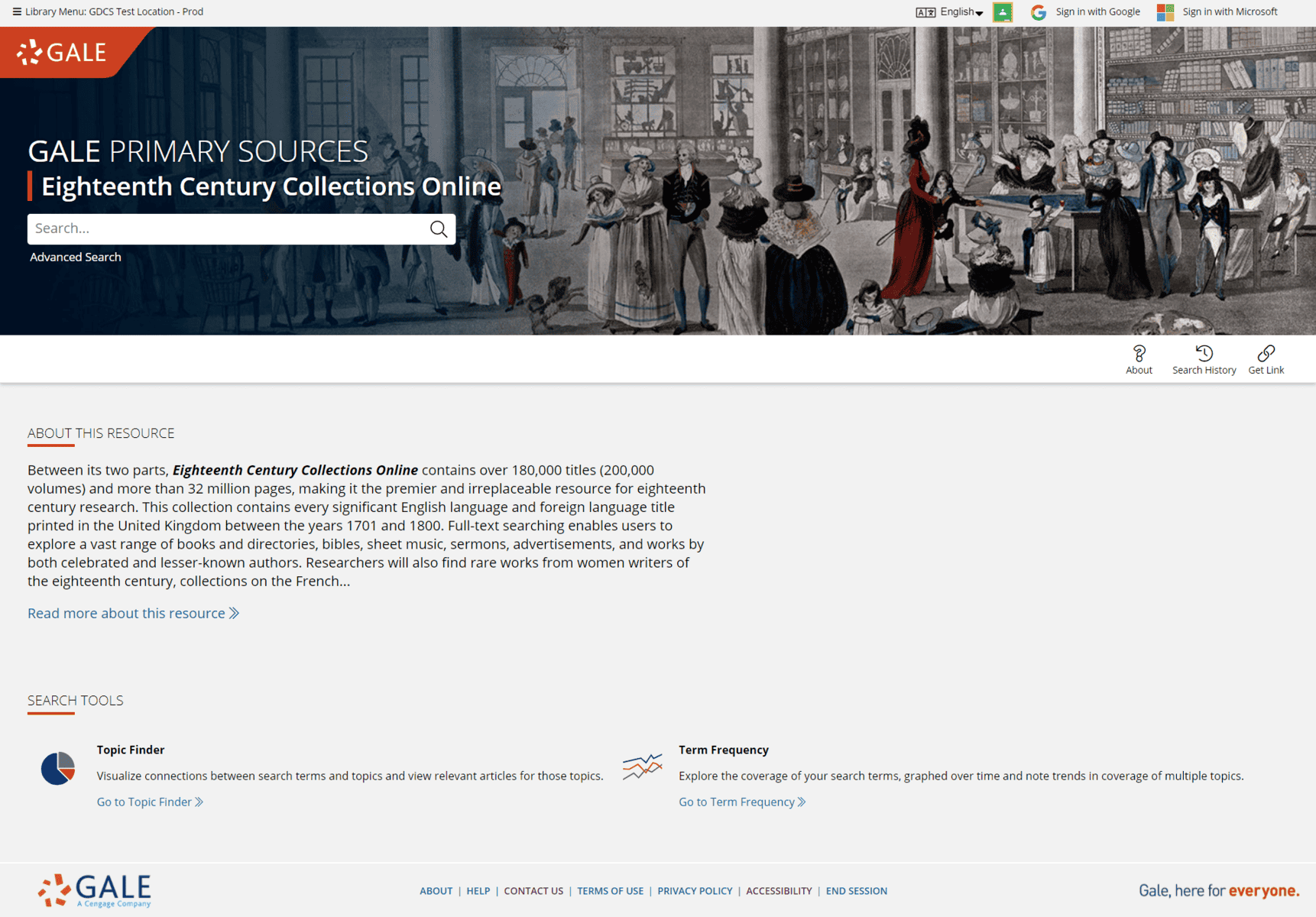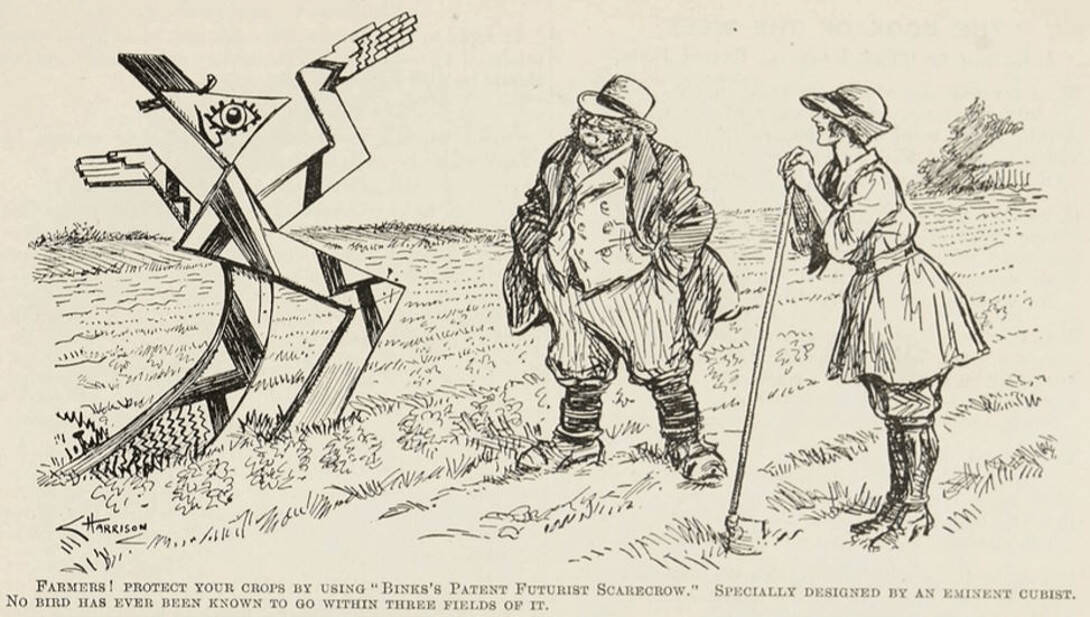│By Julia de Mowbray, Publisher at Gale│
Now Eighteenth Century Collection Online (ECCO) is approaching its eighteenth birthday, and has been significantly upgraded, with a focus on enhancing ECCO’s user-friendliness as a teaching and student-learning resource, it seems an apt time to see what evidence there is for its use in teaching and student learning. Plus, with more of the students’ learning experiences moving online, to platforms such as Zoom for lectures, seminars and tutorials, and to online e-resources for primary and secondary source materials, what can be learned from past use of ECCO as a teaching tool, and how can this be applied in a remote learning environment?



